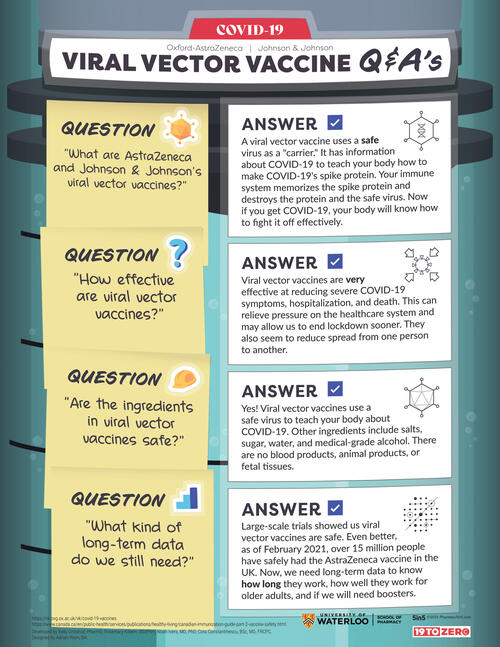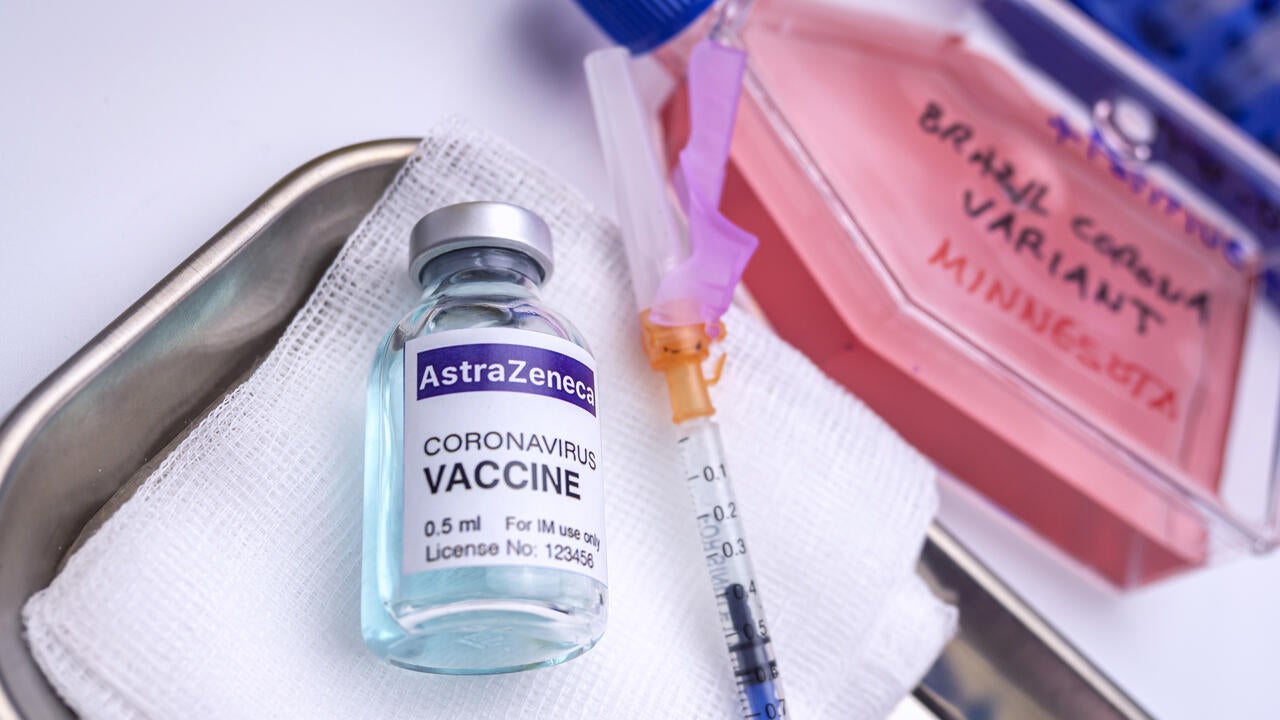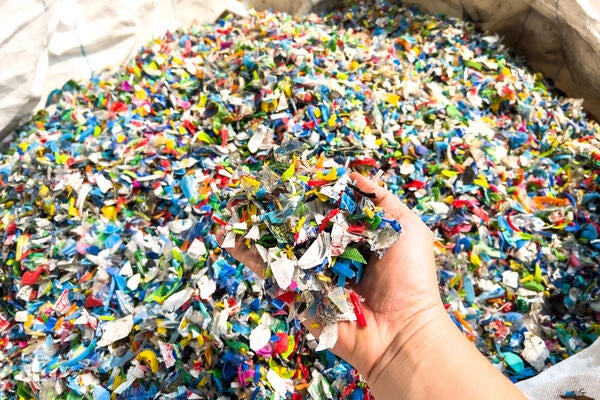What is a viral vector vaccine?
Viral vector vaccines use a safe virus to deliver information about the virus you want to vaccinate against. The AstraZeneca vaccine uses a chimpanzee cold virus that contains genetic information about the COVID-19 spike protein. The chimpanzee cold virus is used because it can’t make people sick, but also because people haven’t been exposed to it before and wouldn’t have antibodies against it.
If you recall for mRNA vaccines, the mRNA gives your body information on how to build the spike protein. Viral vector vaccines are similar but they hide the instructions for the spike protein in a safe virus. The Johnson & Johnson vaccine also uses a safe virus—they use a human adenovirus (cold virus) that is modified so it can’t replicate and make you sick.
How do viral vaccines work?
Viruses use your own cells to make more viruses. That’s how they spread. With viral vector vaccines, the safe virus particle infects your cell just like how a cold virus does. However, the viral vector vaccine is modified so it doesn’t spread. Instead, it just delivers genetic instructions for your cell to build COVID-19’s spike proteins. Your cell displays the spike protein and your immune system sees it and memorizes it. Your body then gets rid of the cell with the spike protein and also gets rid of the safe virus particle that delivered the instructions. The viral vector vaccine does not change your DNA or your genetic information. It just gives your body a memory to help it recognize COVID-19 in the future.
How effective are the viral vector vaccines?
This is the big question on everyone’s mind. In studies, the viral vector vaccines were very effective at reducing severe symptoms of COVID-19, hospitalization and death. These are by far the most important outcomes for a vaccine during this pandemic, and they appear to be 100 per cent effective for severe disease consistently across the viral vector COVID-19 vaccines and trials. The real goal of the COVID-19 vaccine right now is to take the pressure off of the hospitals so we can start re-opening the economy, and these vaccines do that very well.
They are closer to 60 per cent effective for preventing illness altogether. This means you may still get mild cold symptoms, but the vaccine would keep you out of hospital. The research in people over age 65 was also limited, so, for the time being, the guidance in Canada is to use these vaccines in people aged 18-65. As a result, the approval of the AstraZeneca vaccine means that people under age 65 could be vaccinated earlier, while we use the Pfizer and Moderna vaccines for people over age 65.
If I’m offered a viral vector vaccine, should I wait for an mRNA vaccine?
In a word, no. If you are eligible for a viral vector vaccine and you are offered one, the best strategy is to get vaccinated as early as possible. This is a common question, but it is also a bit of a false choice. For healthy people under age 65, the choice wouldn’t be between AstraZeneca’s vaccine and Pfizer’s vaccine. It would be choosing between being vaccinated now in what may be the start of a third wave, versus being unvaccinated until there is enough vaccine for you—likely in the summer months.
Right now, there is also research underway to examine the efficacy of giving an mRNA (Pfizer, Moderna) booster to people who got a viral vector vaccine (AstraZeneca, Johnson and Johnson). Similarly, there are ongoing efforts to include the new variants in future doses of the vaccines possibly as a booster for those vaccinated now.
Are viral vector vaccines new?
The United Kingdom has vaccinated over 15 million people over the age of 18 with the AstraZeneca vaccine. They are starting to see reductions in infection rates and hospitalizations—even though their dominant strain is a variant of concern. In fact, the data from the UK was one of the most compelling reasons to approve this vaccine for Canadians. There is also an approved viral vector vaccine for Ebola, and viral vector vaccines being studied for HIV and Zika. Russia’s Sputnik V vaccine is also a viral vector vaccine.










